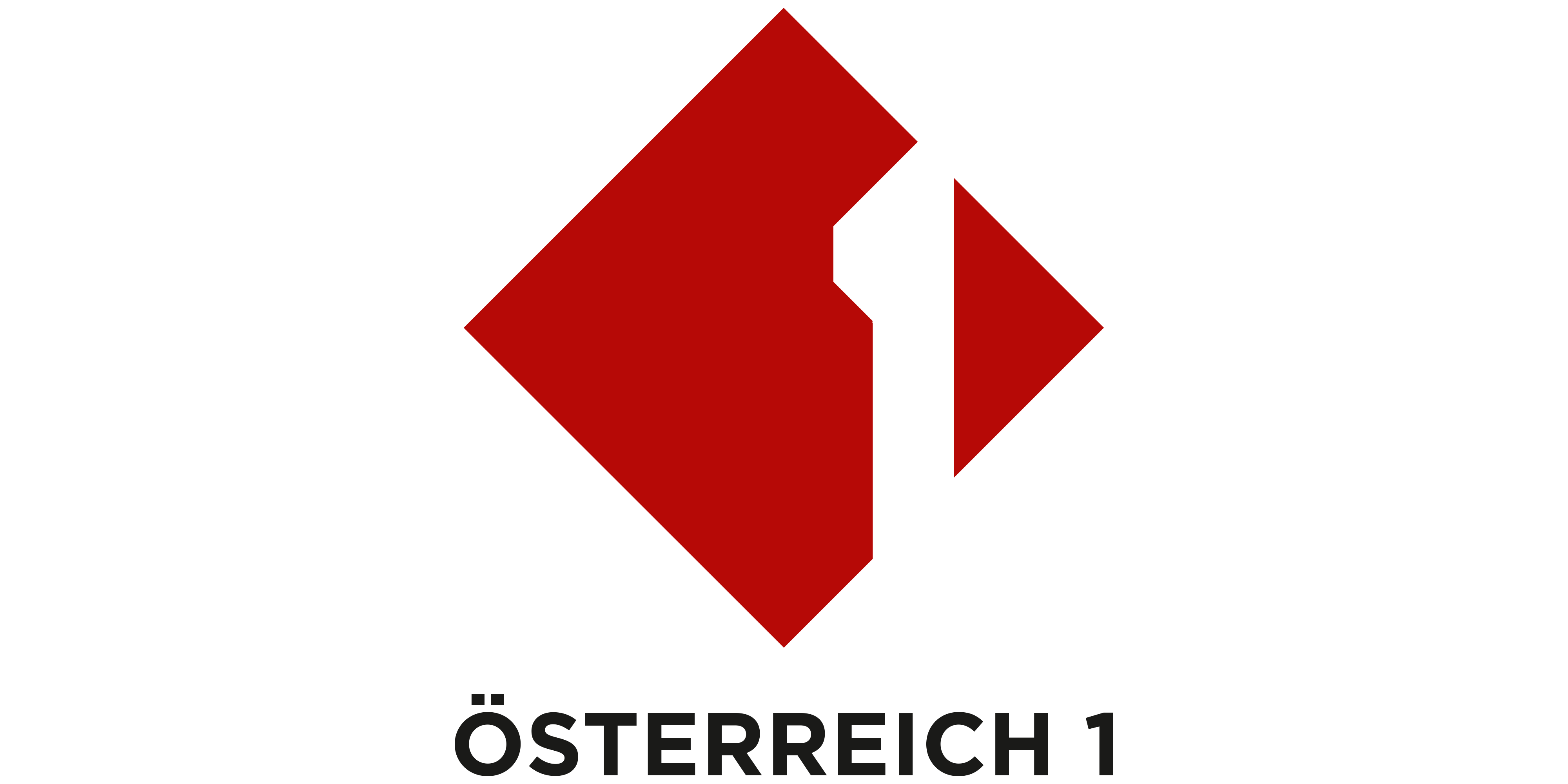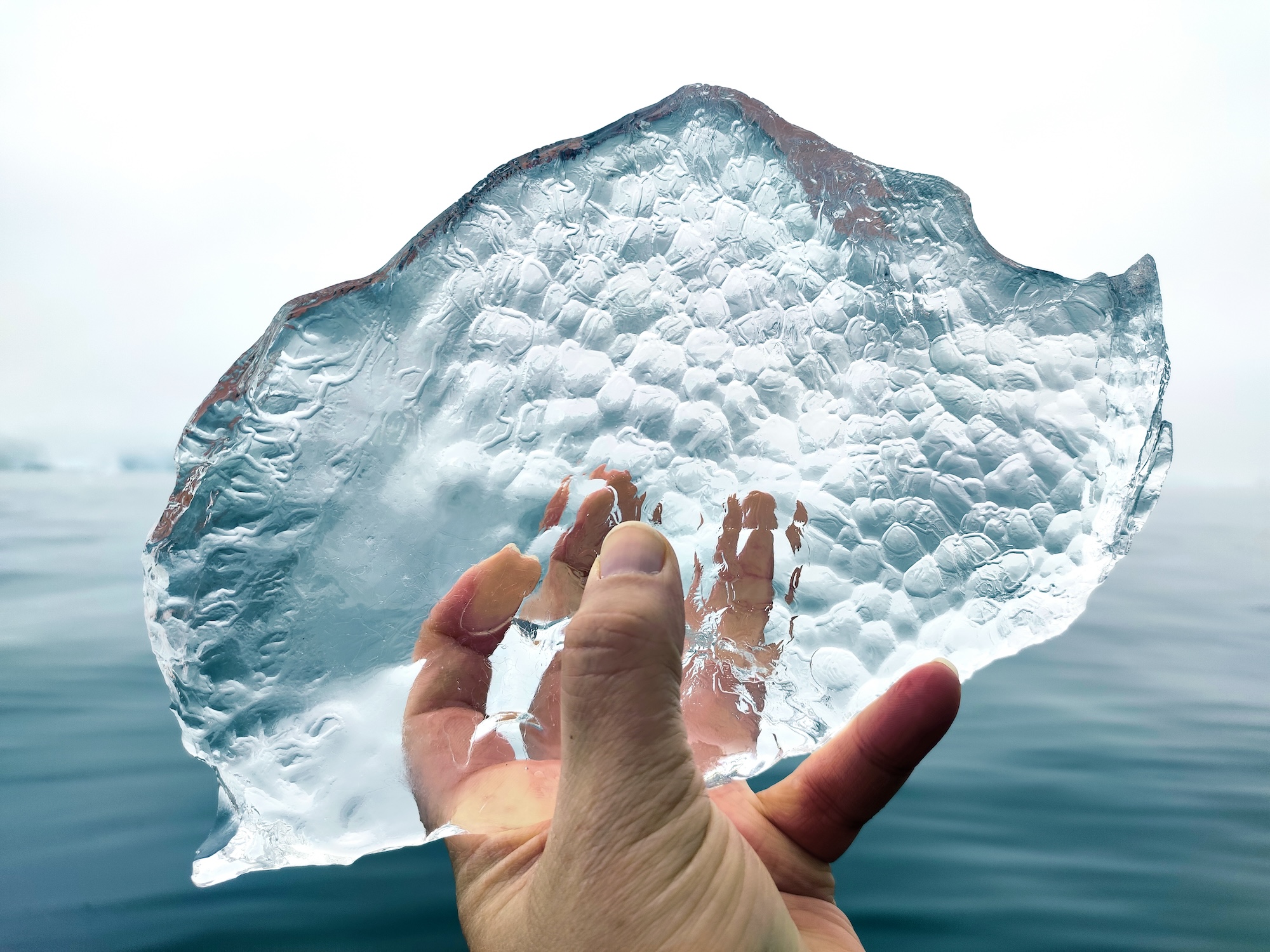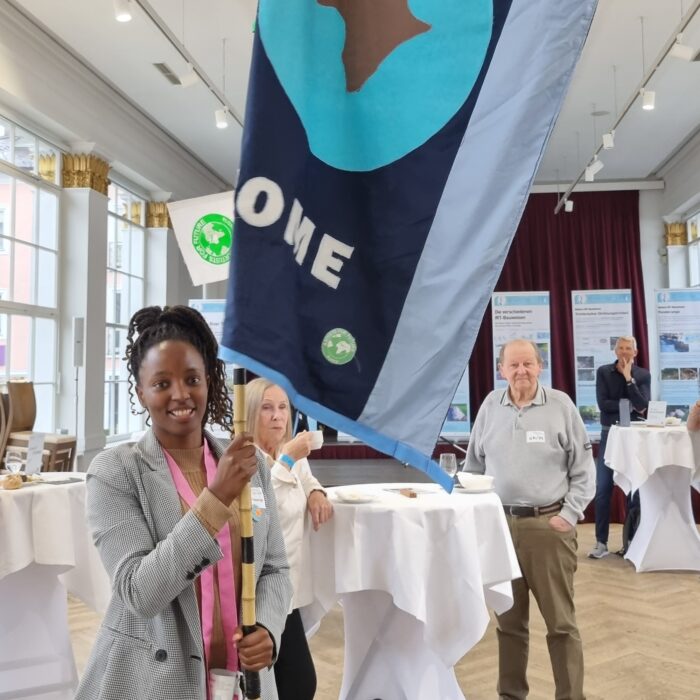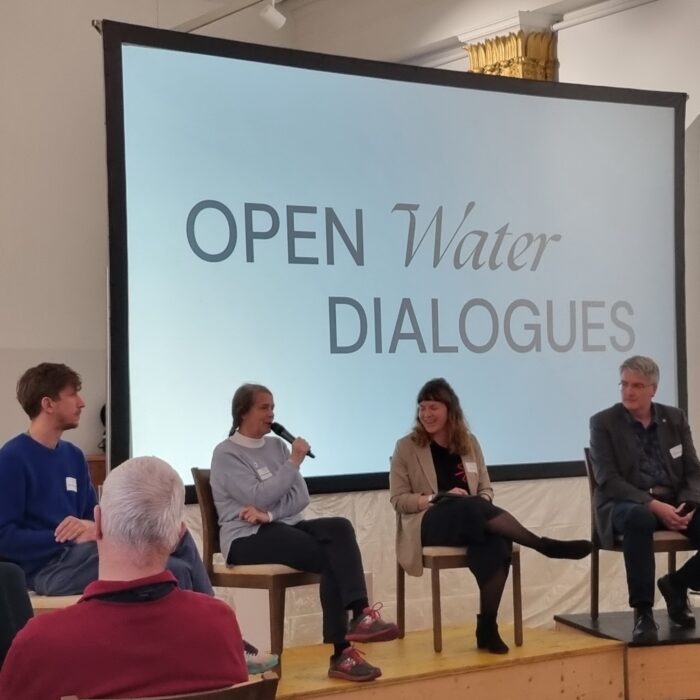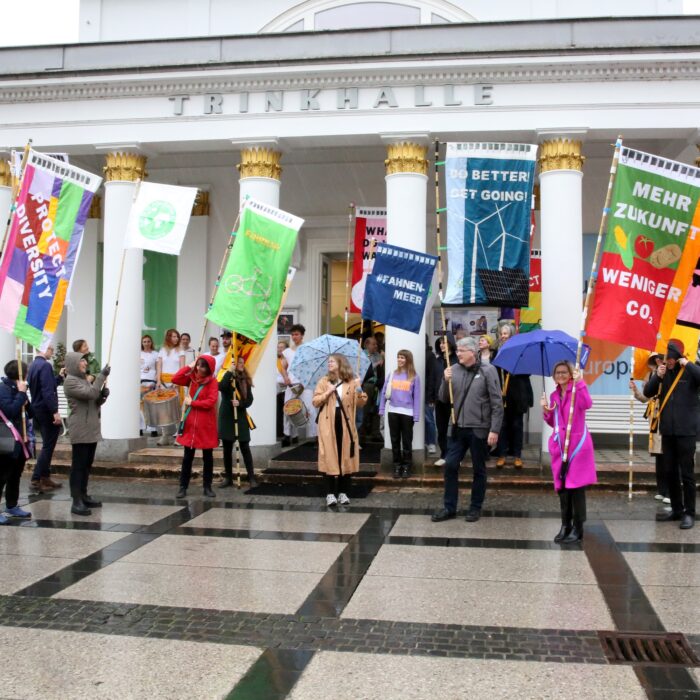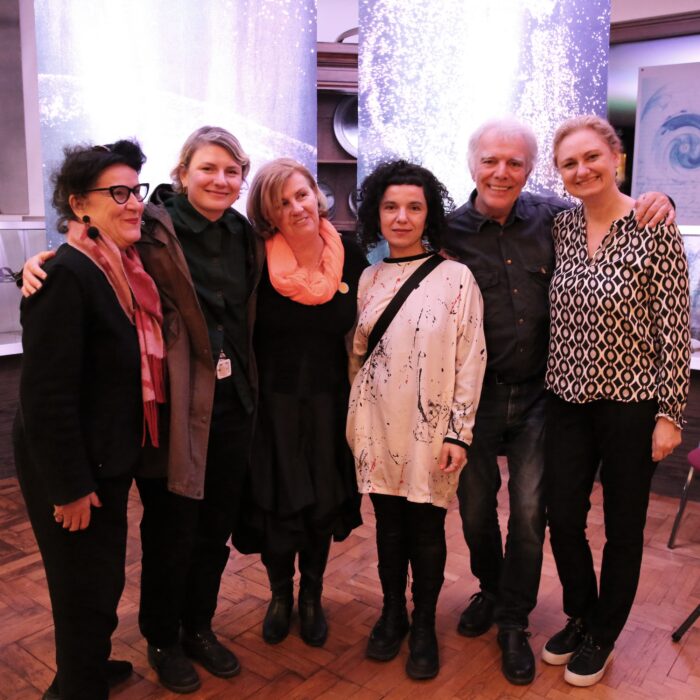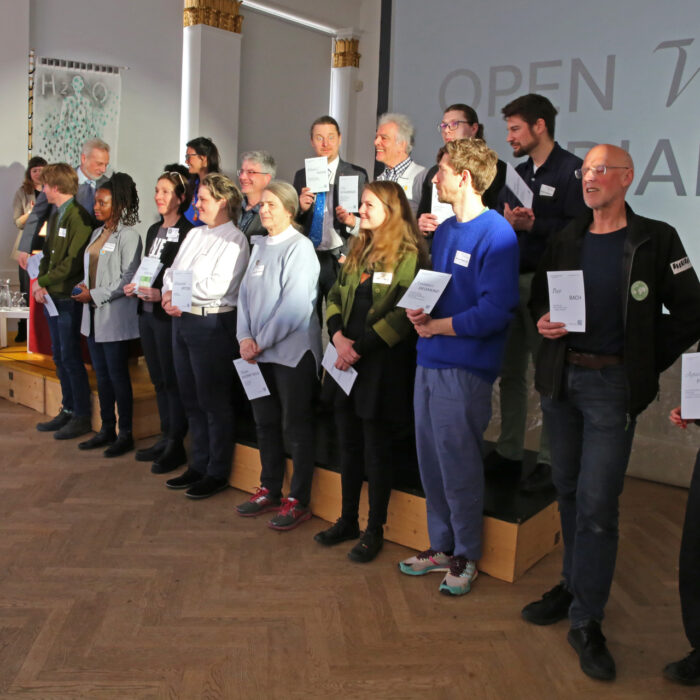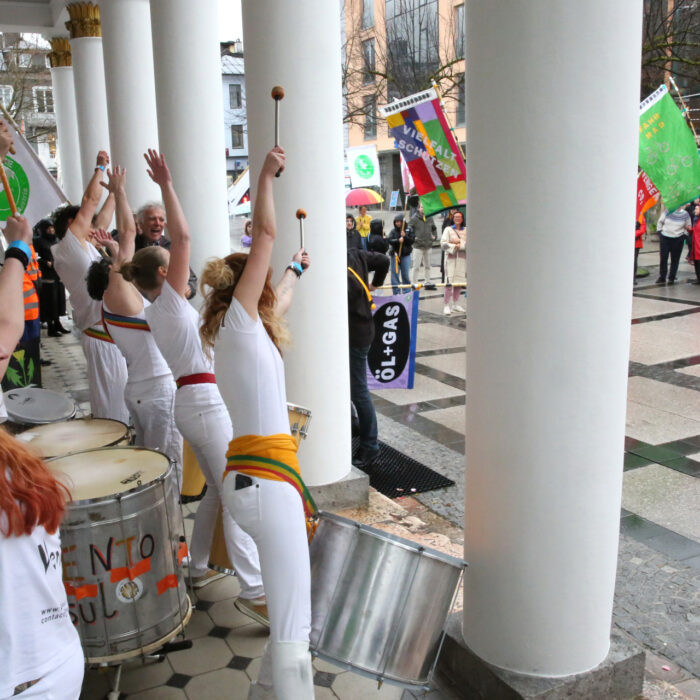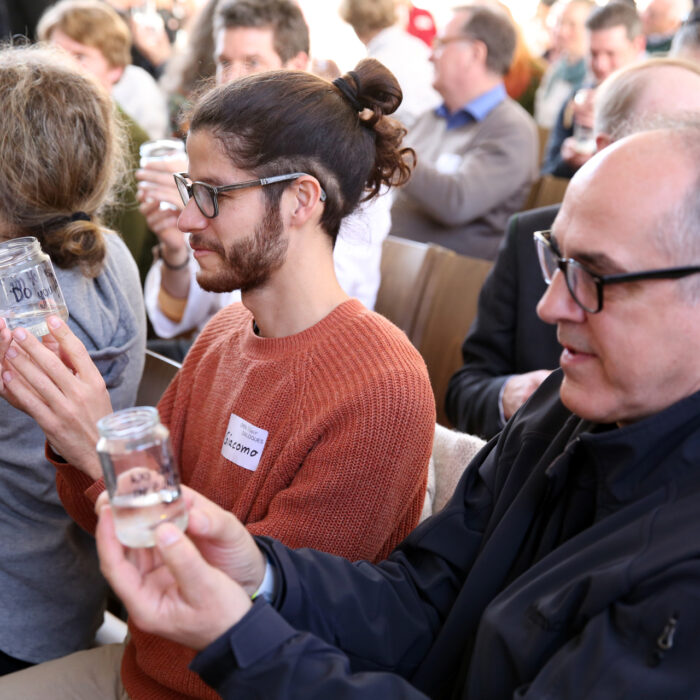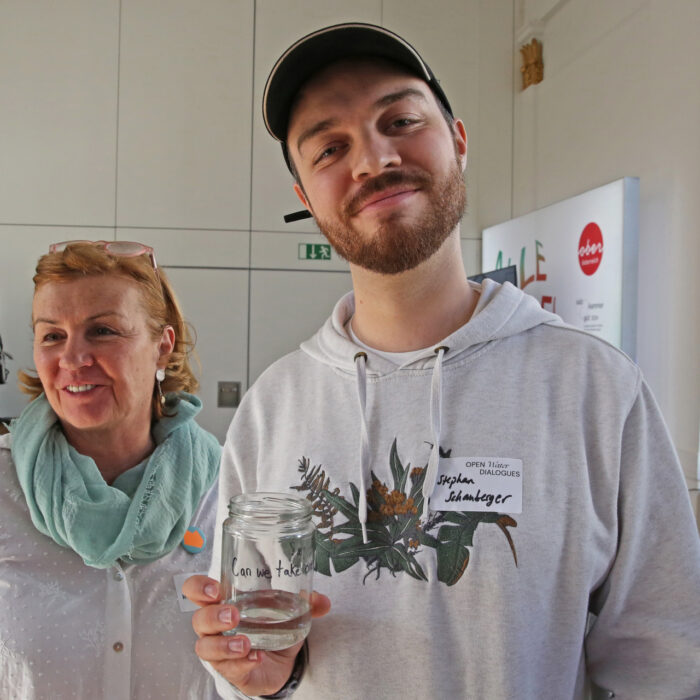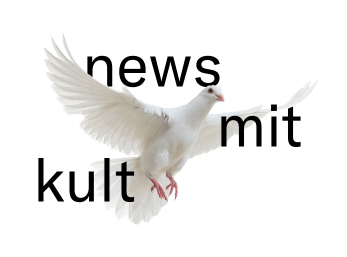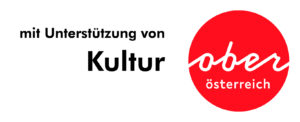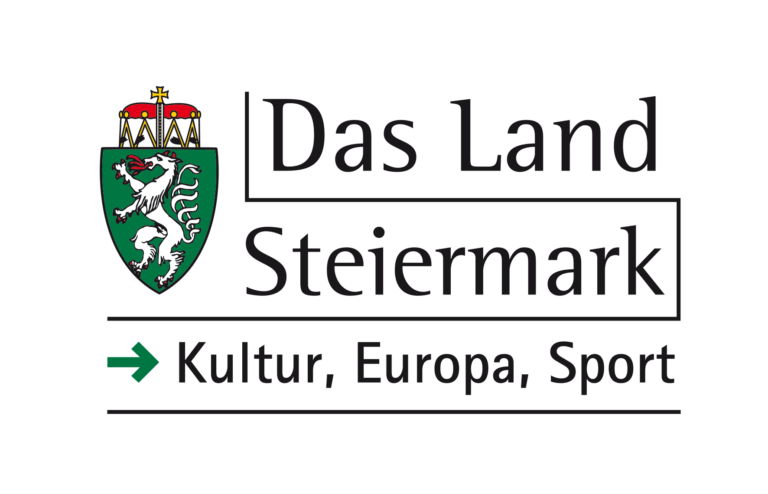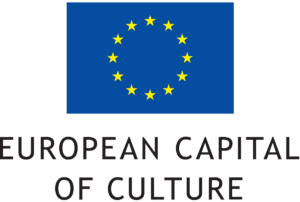“It is our job to stir up unrest, to rouse to effective responses to destructive events, but also to calm the troubled waters again, to rebuild calmer places.”
Donna Haraway
The concept of the European Capital of Culture Bad Ischl Salzkammergut 2024 is based on salt and water as well as the resource wood, which made the mining and processing of the vital and namesake “white gold” possible in the first place. These three elements still shape the region today. In view of the advancing climate change and the necessary turnaround in climate protection, water is a key factor that we focus on in the Open Water Dialogues – dialogues and impulses on the future of our water, led by Jörg and Ingrid Schauberger and curated in cooperation with Fariba Mosleh, and negotiate with experts from science, art and everyday life/practice in a way that attracts public attention.

By loading the video, you agree to YouTube’s privacy policy.
Learn more
A cross-disciplinary and multi-perspective approach enables us to conduct dialogues at eye level. Interested people of all ages and from different backgrounds are invited to shape their own visit and choose from transdisciplinary expertise, people and topics – from different formats such as keynote lectures, water dates, workshops, walks, screenings or performative interventions.
From a glacier expert to climate artists, hydrogeologists, climate activists and a forest educator, a wide range of local, national and international voices will gather for a joint dialogue on the future of our water and its socio-political effects.
The three-day Open Water Dialogues will kick off with an invitation to the Schauberger Water Research showrooms in the Villa Rothstein (“PKS Villa”) – a get-together with keynote speeches, musical contributions and performative artistic interventions. In between, the discourse format will take place in the Sudhaus exhibition in the centre of Bad Ischl. The event will conclude on Sunday afternoon with a joint “Picnic for Future” to share the experiences of the weekend and create communities of action.
The format sets direct impulses for current thinking and action of the participants, because only with social and cultural embedding through (environmental) education and also addressing issues such as climate injustice can a turnaround in the advancing climate crisis succeed.

